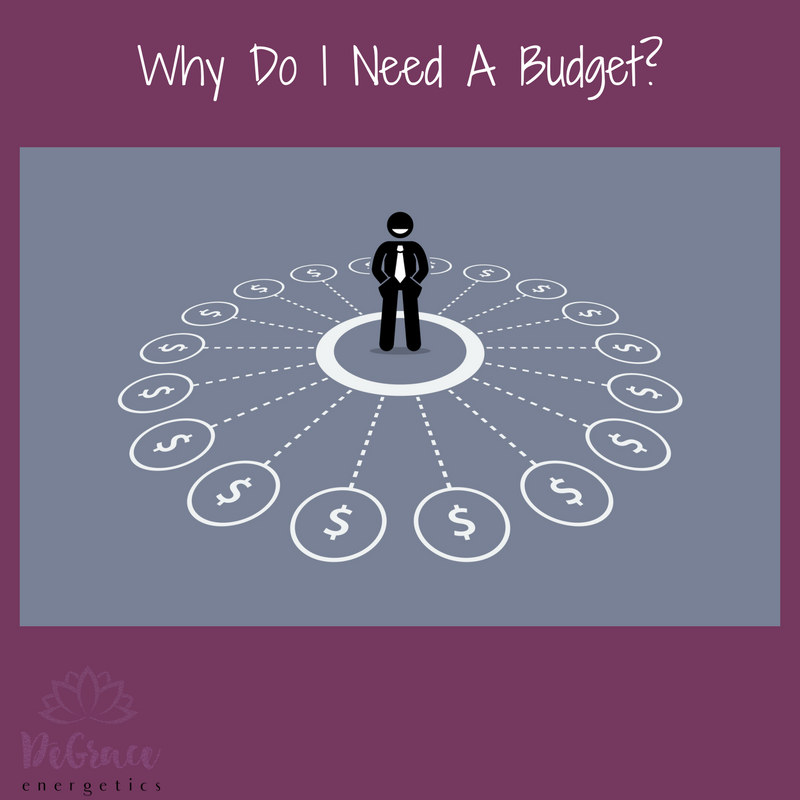
A business budget is essential. Here’s why…
In business, if you don’t have a good handle on your financial position, you can’t make decisions that are in the best interest of your organization. That’s a fact, yet so many entrepreneurs don’t bother to build this solid road map to their business. Putting up a business needs to be planned precisely; having a comfortable space for everyone must be considered, and moveable walls can be a great help in this. To find out more about this, click on the link.
Prancing along on a wing and a prayer, hoping that you have enough cashflow to pay your staff next week, is just not the right path to long term success. How your business is performing, month after month and year over year, is essential information just like the review of modern software like this paycheck stubs maker.
Your mantra needs to be “Start as you mean to finish”. In other words, start on the right foot with business, put together a reasonable budget, and stick to it!
What’s in a budget?
A comprehensive business budget is a fluid document; you can change it when you need to. But in essence, it tells you how much money you have, how much you’re going to need to spend and how much you need to make to not only cover the spending but also grow and meet future goals. The essentials are:
- Sales and revenue (actual or projected – err to the side of being conservative with this figure!)
- Operating expenses (fixed costs that recur every month, like rent)
- Variable expenses (expenses that change depending on sales volume)
- For a new business, you might want to add in one-time capital expenditures that you need at startup: equipment, cost to incorporate, etc… If your have a food business, you may need to improve your place such as installing a food factory flooring.
- Available cash flow (profits, by which you can plan improvements to your business, calculated by subtracting your expenses from your projected revenue)
One thing a lot of micro or solo businesses tend to do is to forget to factor in paying themselves! You have to pay yourself at least a living wage, if not a decent one, or else you’re not running a business, but instead will have an expensive hobby!
Ideally, you would have your budget set up on a monthly basis, which you review at minimum annually to ensure accuracy for the following year. By reviewing it, you’ll have a good sense of your available profits and whether you can finally buy that new machine or use a bookkeeper instead of doing your own books!
Considerations when developing your business budget
- Get it done. This is one of those tasks that small business owners tend to put off in favour of sexier objectives but the reality is that once it’s done, you’ll spend less time worrying about what your actual financial position is and be able to focus on what really matters.
- Be realistic. Don’t set a projected revenue that is double the previous year if that’s not likely to happen! You don’t want to delude yourself into thinking you can afford certain new equipment or other expenses only to find out that you can’t. You need the information in your budget to be real so that you can plan on improvements or changes to your business without creating financial difficulties!
- Don’t rely on previous figures entirely. While your revenues and expenses from the previous year provide an excellent guideline as to what you might expect the following year, they are just that: a guideline. You also need to factor in your current sales climate, your staffing, the competition and other market factors that could affect your revenue and/or expenses.
What can you use your budget data for?
Comparing your budgets year over year can yield a lot of vital data about your business. Think of your budget as a performance measure. You can get a sense of how various parts of your business are performing versus their relative cost. For example, if you run a yoga studio, have a yoga school to train teachers AND have a yoga ‘shop’ where people can buy gear, you can measure the expenses of each ‘line of business’, relative to their revenues, and make sure that they are performing to your expectations.
A line of business that is costing you money might be one that you will want to consider getting rid of, but you won’t know for sure unless you’re working the numbers.
Checking certain figures monthly will help you fine-tune your financial decisions. You can compare your projected revenue with your actual and your project expenses with your actual. However, if you need to find the nearest ATMs, you can check their website.
Knowing the numbers is one part of it; then you need to analyze why they are different, if that’s the case. For example, is your staff not generating sales per their targets and why? Is the market flat, is it a seasonal lull that you experience every year at that time? Are there costs you could cut by shopping around for different service providers or fine tuning your processes?
All of this is important data and engaging in these reviews, with a view to budgeting more accurately in the future, ensures that you will have realistic numbers from which to make decisions on capital (one time) expenditures.
If you need help to set up a budget, or just have questions on how it all works, consider investing in some business coaching. It will be worth the time and money in the long run!
